Command Palette
Search for a command to run...
Facebook Is Bleeding Again, Fined $650 Million for Facial Privacy Lawsuit

Facebook has been at the center of public opinion for user privacy issues many times in recent years, and has paid a huge price for it. Previously, Facebook paid a $5 billion fine for the Cambridge Analytica incident and reached a settlement. Recently, it paid $650 million to settle a lawsuit about facial recognition five years ago.
In April last year, Facebook was fined $5 billion for the Cambridge Analytica incident that leaked user data privacy, setting a record for fines by the US Federal Trade Commission (FTC).
Recently, it was fined again, still because of user privacy issues, with a fine of US$650 million (approximately RMB 4.565 billion).
Upload photos and tag people, anger users and pay a lot of money
Recently, a court document showed that Facebook has agreed toA total of $650 million was paid to settle a class-action lawsuit alleging the company’s unauthorized use of facial recognition.
Under the settlement, all Illinois users whose photos appeared on Facebook after 2011 will receive compensation.Those users could receive between $200 and $400 each, depending on how many people file claims.
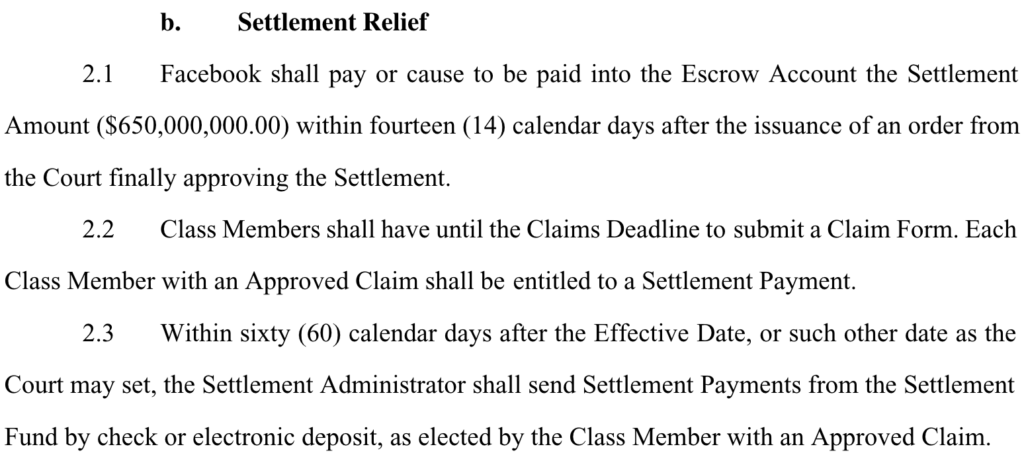
The lawsuit originated from a feature called “Tag Suggestions” launched by Facebook nine years ago.
June 2011,Facebook's "Tag Suggestions" feature uses facial recognition technology to scan user photos and automatically add suggested tags when users upload new photos.That is, circle the people in the photo and suggest users to tag "who is this".
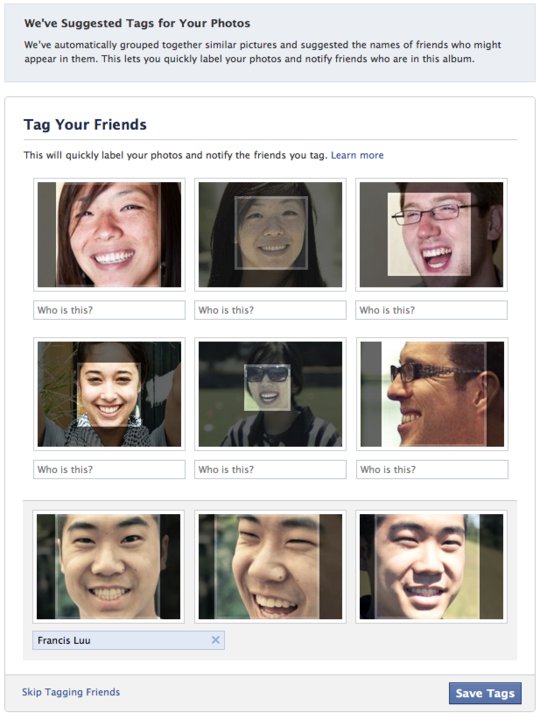
The technology quickly became controversial.More importantly, Facebook activates this feature by default.
As more and more people begin to realize the potential harm of personal privacy being collected or leaked, Facebook's "label recommendation" feature has also caused dissatisfaction among users. They believe that this violates personal privacy and worry that their private information will be used improperly at will.
In April 2015,Illinois citizens Adam Pezen, Carlo Licata and Nimesh Patel filed lawsuits against Facebook.
They said,Facebook did not clearly inform or obtain written consent from users when collecting and storing biometric data, nor did it specify how long the data would be kept.Violates the requirements of the Illinois Biometric Information Privacy Act (BIPA).
Under the privacy law, companies must obtain "explicit consent" before collecting biometric data from users.
The three cases were later transferred to the Northern District of California court for a consolidated trial.
The original compensation was 550 million, but the federal government said: No, add another 100 million
Throughout the trial, Facebook has been trying to halt the lawsuit.
In 2016,Facebook also argued that BIPA does not apply to the "label suggestion" feature involved in this case because its user agreement already states that any disputes between users and Facebook should be resolved in accordance with California law. However, this argument was rejected by the court.
September 2019Under heavy pressure, Facebook set its facial recognition feature to "off by default".
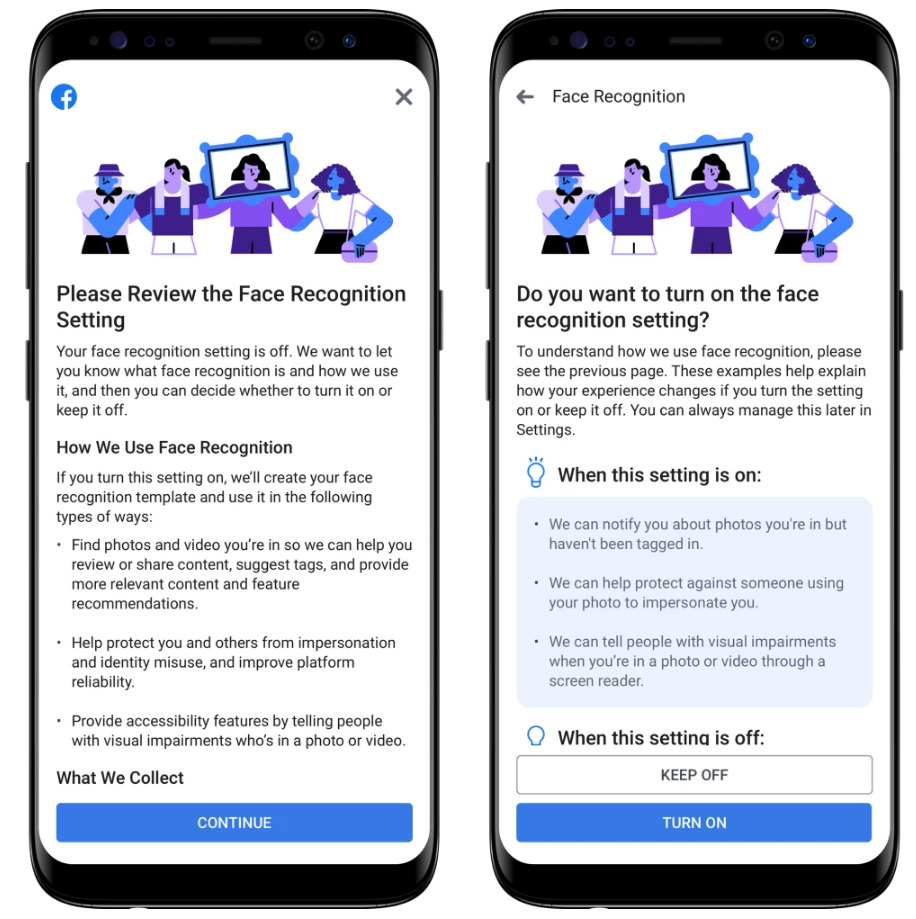
In January this year,Facebook agreed to pay $550 million to settle the case; but in the end,The federal government believed that the $550 million penalty was not enough and raised the price by another $100 million, requiring Facebook to settle for $650 million.
The settlement also requires Facebook to agree to shut down its targeted facial recognition features and delete existing face templates.
A final settlement will be reached later this year, and Facebook will begin paying the fine in 2021.
Facebook has been fined repeatedly for privacy issues
In recent years, Facebook has repeatedly been exposed to privacy issues and paid a heavy price for it.
The most well-known is that in July 2019, Facebook was fined $5 billion by the FTC, setting a record for the largest fine in FTC history (seeCambridge Analytica incident ends, Facebook agrees to pay $5 billion).
FTC Chairman Joe Simon said the fine was not only a punishment for Facebook's violations,What’s more important is to change Facebook’s entire privacy culture to reduce the likelihood of continued violations and take consumer privacy seriously.
Therefore, in addition to the fine, the FTC also made further privacy requirements for Facebook, including stricter supervision of third-party applications, prohibiting the use of phone numbers to enable security features, providing notifications for the use of facial recognition and user permission for this feature, and establishing data security procedures.
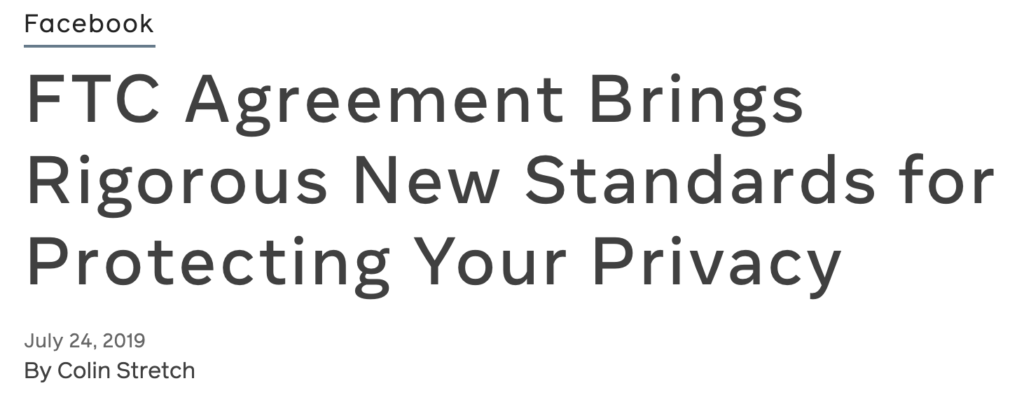
Facebook CEO Mark Zuckerberg later said in an official news post that the settlement would bring "significant structural changes" to the company.
Discussion on technology and legislation
While artificial intelligence technology continues to achieve new breakthroughs, it also brings about a series of data privacy issues.
At the "315 Gala" held on July 16, more than 50 apps were exposed to have third-party SDK plug-ins that stole user information.
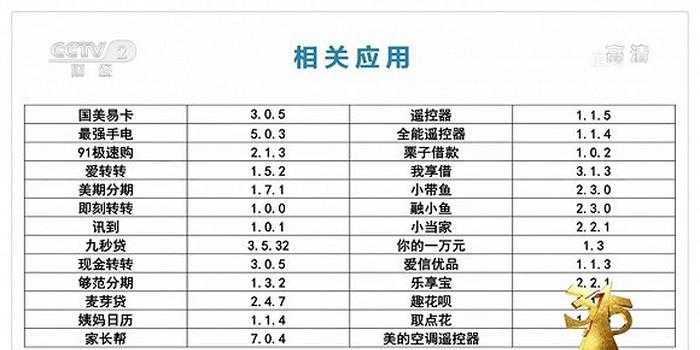
Prior to this, the "ZAO" application that became popular overnight and the first facial recognition case in Hangzhou have pushed the privacy issues brought about by technology in the era of artificial intelligence to the forefront.
Although the first face recognition case in Hangzhou has been heard in June, the verdict has not yet been announced. The reason why such cases remain unresolved is also related to the gaps in relevant laws.
Regarding cases involving privacy issues caused by AI technology, Sun Yuanzhao, a visiting professor at the School of Intellectual Property of Peking University, believes that the outcome of the case is not the most important.What is more important is the discussion on legislation in this regard.
He is cautious about legislation on related content, saying: "Although Illinois enacted relevant laws more than 10 years ago, legislation in this area in various states in the United States is still in the 'exploratory stage'.When laws get ahead of the market, this can sometimes stifle innovation."
However, Zhao Zhanling, a well-known IT and intellectual property lawyer, believes that "biometric data not only involves personal privacy, but also involves a series of complex issues such as ethics, genetic resource protection, and biosafety.Therefore, it is even more necessary to make specific regulations to set out the threshold for collection, restrictions on collection and use, and storage and specific security level requirements. "
References:
-https://fortune.com/2020/07/23/facebook-facial-recognition-class-action-lawsuit-settlment-payout/
-https://www.engadget.com/facebook-facial-recognition-lawsuit-650-million-191451396.html
-https://about.fb.com/news/2019/07/ftc-agreement/
http://www.21jingji.com/2016/5-18/zMMDEwODZfMTM5MDQzMQ.html
-- over--








